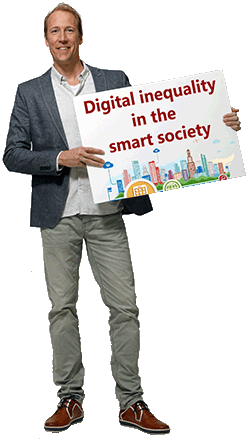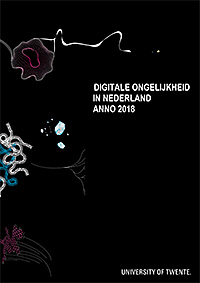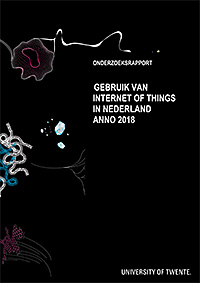Citation:
Ebbers, W., Janssen, M. & van Deursen, A.J.A.M. (2016). Impact of the digital divide on e-government: Expanding from channel choice to channel usage. Government Information Quarterly, 33(4), 685-692.
Abstract:
Many scholars have studied the digital divide, however, often apart from eGovernment research. Therefore, more interdisciplinary research is required as eGovernment can be both hindered by and contribute to the digital divide. First research steps have already been taken, for instance by using access and socioeconomic status as representations for the digital divide. However, the digital divide discipline has developed rapidly and contemporary research findings indicate that, at least in developed countries, not access and socioeconomic status, but digital skills are important representations of the digital divide. Therefore, in order to explore newexplanations in channel choice, we incorporated further developed digital skills measurements into eGovernment research channel choice measurements. Accordingly, this research explores the citizen's perspective by studying actual channel use in the Netherlands.
Results showt hat, surprisingly, digital skills do neither predict nor relate to choosing the online channel. However, they do predict the degree of satisfaction; the more digitally skilled citizens are, the more satisfied they are with online services. Results also show that the nature of interaction significantly coheres with channel choice: registration correlates with choosing online channels, consultation correlates with choosing offline channels. These findings bring us to the thesis that when it comes to the uptake of eGovernment, at least in developed countries, digital skills become less relevant. However, they come into play when it concerns the perceived quality, expressed in terms of satisfaction. This could mean that, in the long run, many citizens are going to use eGovernment anyway, no matter how (un)skilled they are, no matter how complex these services are. As such, we see the emergence of a new important research question in the multidisciplinary domain of eGovernment. Namely, what are the implications of channel use for policy implementation? Because if less digitally skilled citizens are using electronic government services anyway, what happens to policy goals that heavily rely on online services?






